As much of the country turned its attention toward southern hurricanes earlier this year, wildfires blazed across the western U.S. in Montana, Wyoming, and parts of Idaho. The Horse Gulch fire, for example, consumed over 15,000 acres of land but received little prime-time coverage, despite widespread evacuations and significant environmental impacts.
Hurricanes and wildfires alike elicit talk of man-made climate change, sparking heated debate about the role of the industrialized world in creating this devastation. But these recurring disputes leave an obvious question unanswered: Are humans the reason behind this devastation?
In a way, undeniably. After all, without humans, there are no natural disasters. Of course there are earthquakes and landslides, hurricanes and tornadoes, but if a tree burns in the woods and no one is around to see it, it may be natural, but it is no disaster. Just as National Geographic documentaries can make us feel triumph for the lion or fear for its prey, tragedy requires a human reference point.
This recognition, I think, is missing in much of our thinking around conservation, which requires a human context to be properly understood. It is not enough to leave nature alone or to simply minimize our trace on the planet and self-flagellate over every last molecule of CO2 exhaled by our fellow man. Humans were meant to care for this planet, but we were also meant to be on it. In both regards, we should act like it. In both, we are failing.
For the eco-left, environmentalism depends on a belief in an innately perfect natural word. This conception sees the planet without man, or at least absent industrial man, as somehow in perfect harmony, undisturbed by the original sins of agriculture, corporatism, or the need for energy. Modern existence, then, is the original sin for which we can’t atone but must regularly repent, usually in the form of performatively lamenting our existence here. Increasingly, it even means young people pledging to avoid having children for the sake of the environment.
This hands-off ideal to conservation, though, not only neglects the symbiosis that man and nature should share. It also drives climate anxiety by treating human existence as the planet’s terminal diagnosis.
Human agency means nothing if its purported efficacy is only to slow the spread of the cancer it causes. If humans are the cancer, how could we feel anything but dread about our time here on earth? Self-hatred is the logical, natural conclusion. Perhaps this mindset only exists because it’s impossible to test. If we could somehow remove every human from the planet, suck out the excess carbon in the atmosphere, and painstakingly turn every highway, iPhone, and K-cup back into its constituents—we’d still sit in our SpaceX chambers and peer back down from orbit to see wildfires and hurricanes.
And yet, we would no longer see them as a problem. In the aftermath of Hurricane Helene, evening news stations were showing images of floods, side by side with the highways they washed out. Without the highway, news anchors risked appearing as though they were just showing normal rivers, albeit muddy ones after a storm. Indeed, without the highway, that’s exactly what the flood would have been. Even now, the impacts of hurricanes are measured in death tolls, an implicit admission that impact to human life is the ultimate standard by which crises must be denominated.
We can either see ourselves as intruders into a landscape that is better off without us or as a necessary part of it. But we cannot do both. Humans must remember that our existence is no accident; this planet is our home, too. Not only do we belong here, but we have the capacity and the responsibility to actively improve our relationship with nature through careful stewardship and intentional caretaking. The desire for man to “keep his grubby hands off the planet” can even actively impede this process, by making the untouched natural world an end in itself.
This allergy that much of what calls itself environmentalism has to interventionism doesn’t just harmlessly counterbalance over-development, though; it actively worsens disasters by handicapping our ability to intervene. A timely example is forest management, the practice of intentionally intervening in a forest ecosystem. Earlier this year, the appropriately named “Middleman Project” sought to conduct forest management in Montana’s Helena-Lewis and Clark National Forest, including a combination of logging and controlled burns. Among other goals for wildlife and forest health, the project had planned to mitigate wildfire risks, including by publishing a nearly 600-page, 1.5-year environmental assessment by the U.S. Forest Service.
Despite the planning and environmental due diligence, the project was eventually halted in April of this year. Lawsuits from environmental groups that celebrated stopping the project claimed it would negatively impact grizzly, elk, and lynx habitats. By July, wildfires were raging across the exact area the Middleman Project had sought to protect, requiring resources from state and federal agencies to address and claiming the life of a firefighter in the process. It appears unlikely the grizzly, elk, and lynx were actually better off in the 15,000-acre wildfire. Seeking to save the animals at the expense of human intervention, then, ended in a lose-lose for both man and nature.
To be sure, while the left too often falls prey to feeling like an intruder in its own home, the right too often feels like a conqueror of it. The anthropocentric “drill, baby, drill” mindset that too often dominates conservatives’ posture toward the planet risks burning our own house to keep warm. The left may be too afraid to admit that nature can and should serve man, but the right too often avoids man’s responsibility to protect and steward nature. This stewardship need not look like the left’s environmental advocacy—there are far better ways to steward time, for example, than throwing soup on Van Gogh paintings and lying in the road to stop traffic—but it should avoid dismissing environmental concerns as irrelevant simply because they are inconvenient.
It is arrogant to see ourselves as somehow “outside” the natural world, whether apologetically like those who see our existence as a plague or victoriously like the many who see the earth as an expendable resource. This is our home. Let’s act like it.
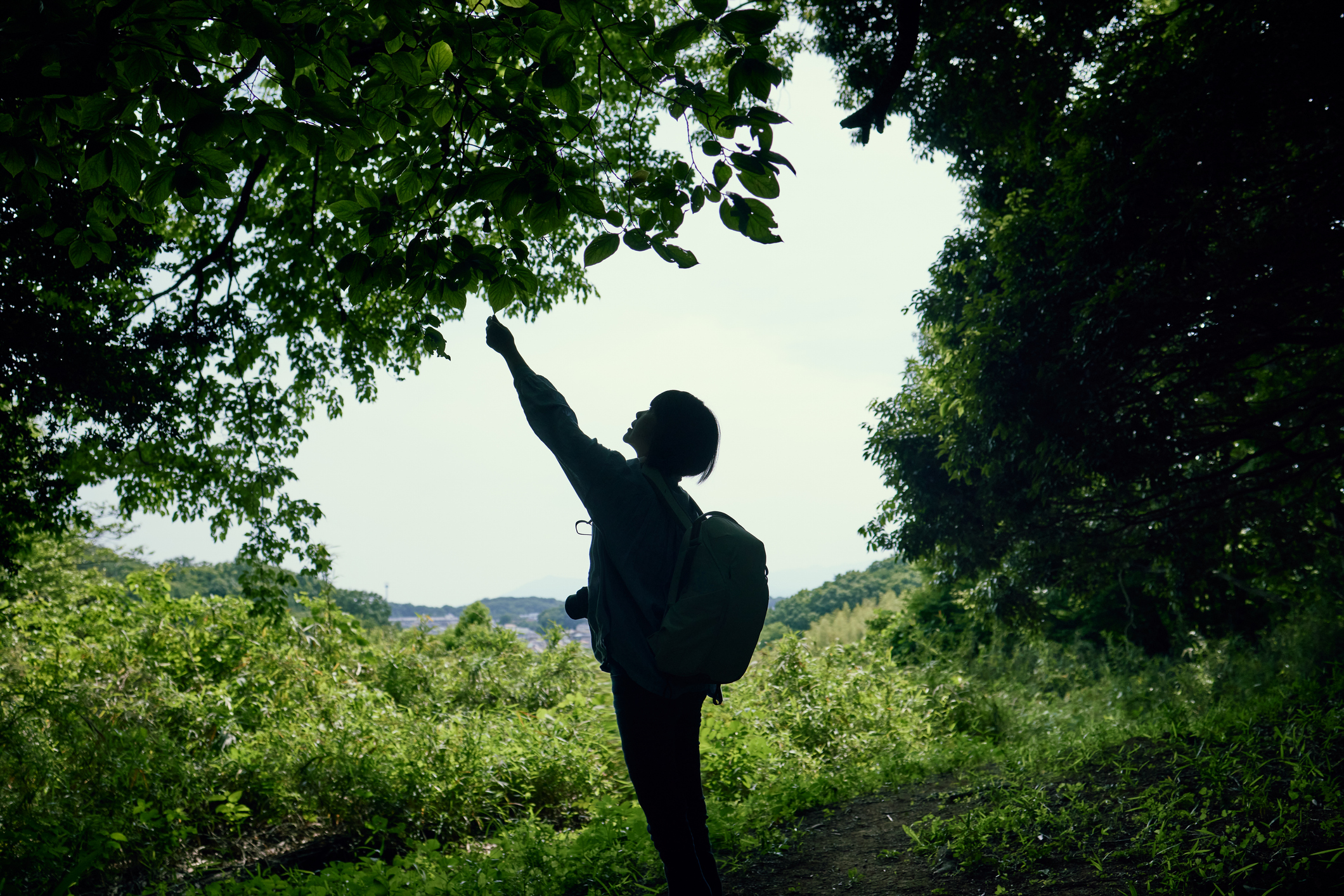
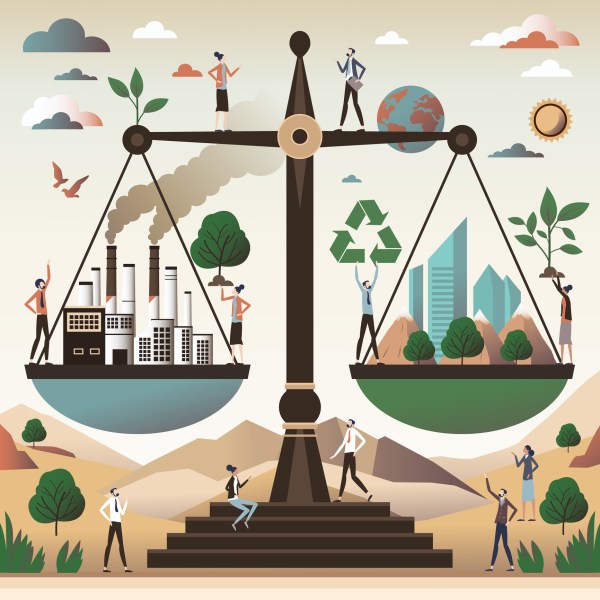
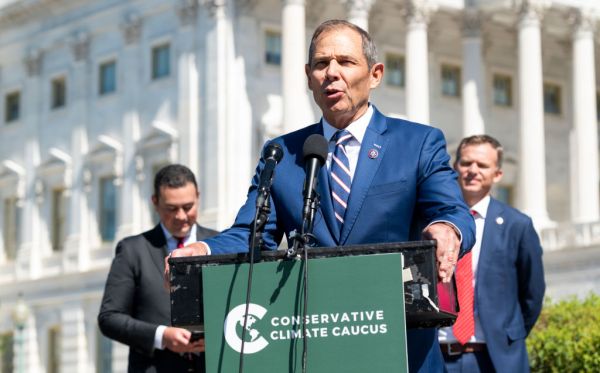
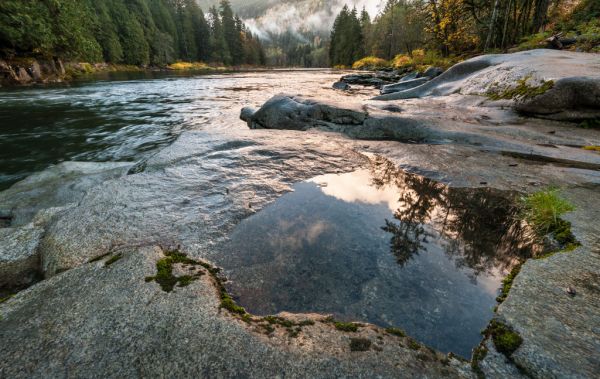



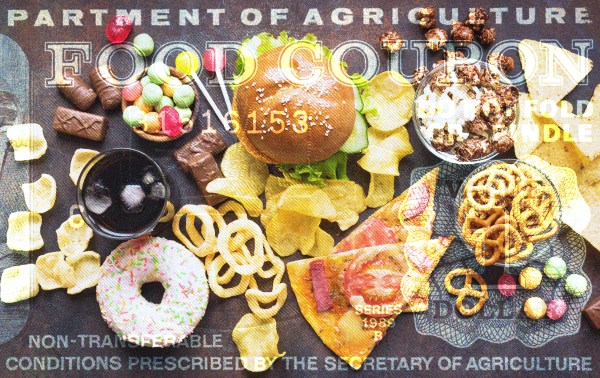

Please note that we at The Dispatch hold ourselves, our work, and our commenters to a higher standard than other places on the internet. We welcome comments that foster genuine debate or discussion—including comments critical of us or our work—but responses that include ad hominem attacks on fellow Dispatch members or are intended to stoke fear and anger may be moderated.
With your membership, you only have the ability to comment on The Morning Dispatch articles. Consider upgrading to join the conversation everywhere.